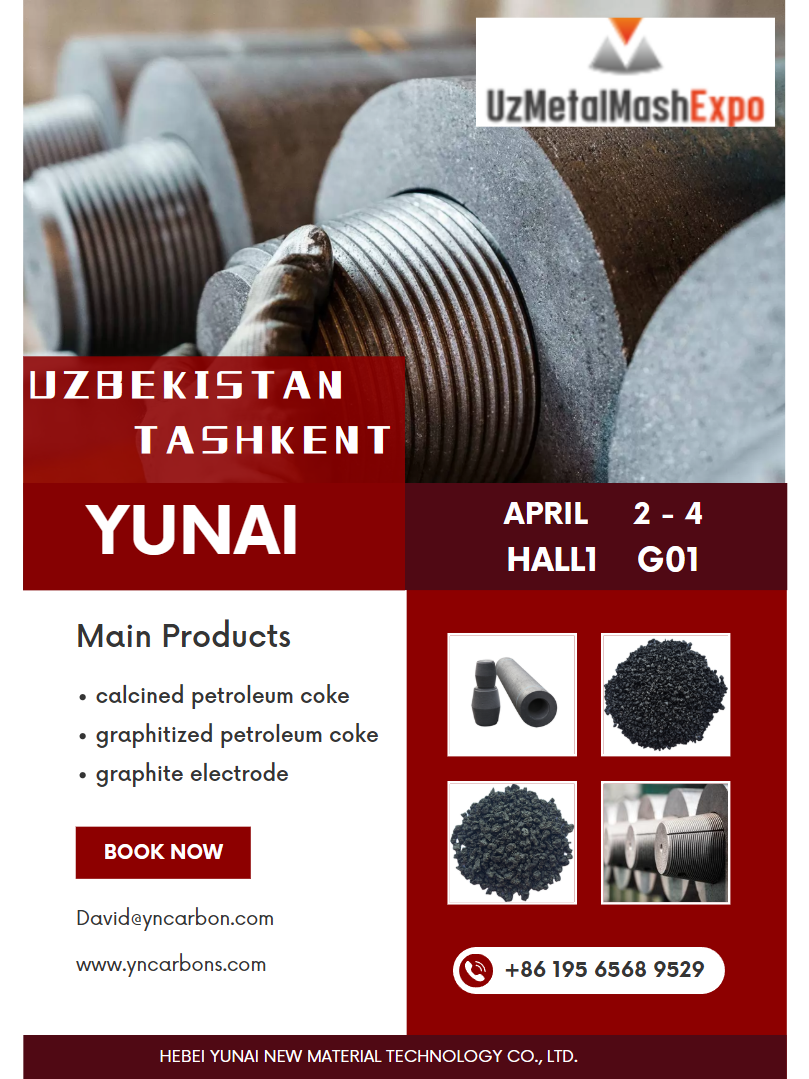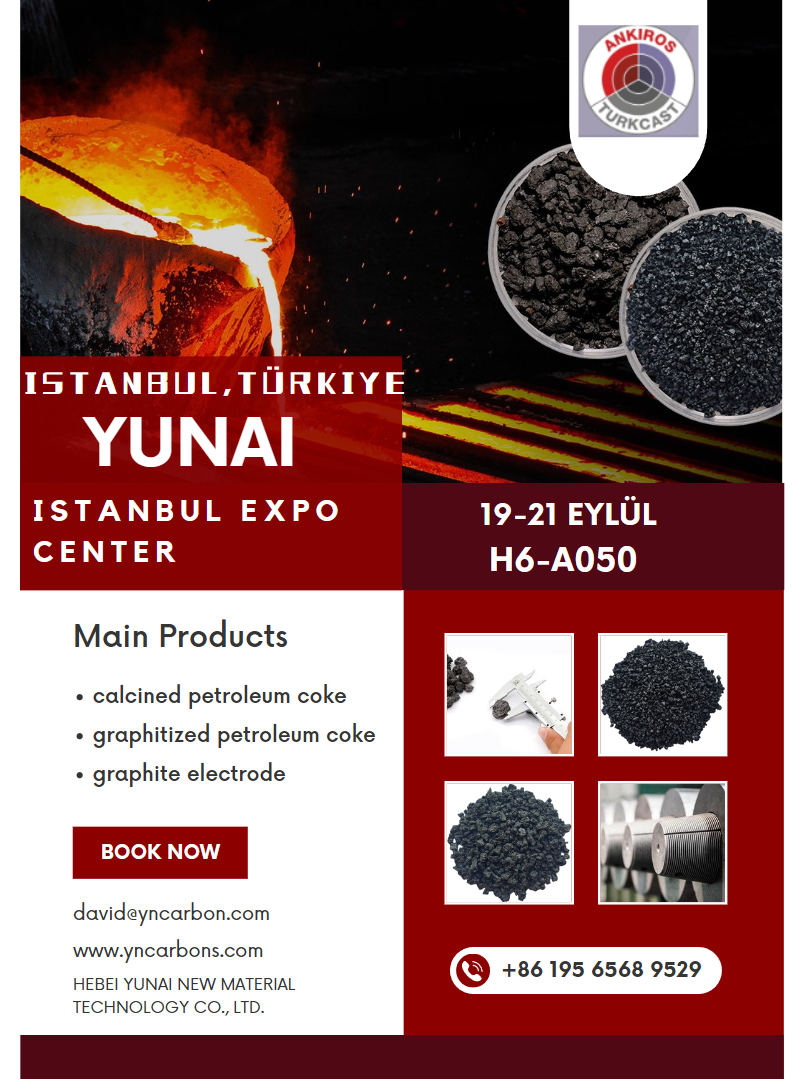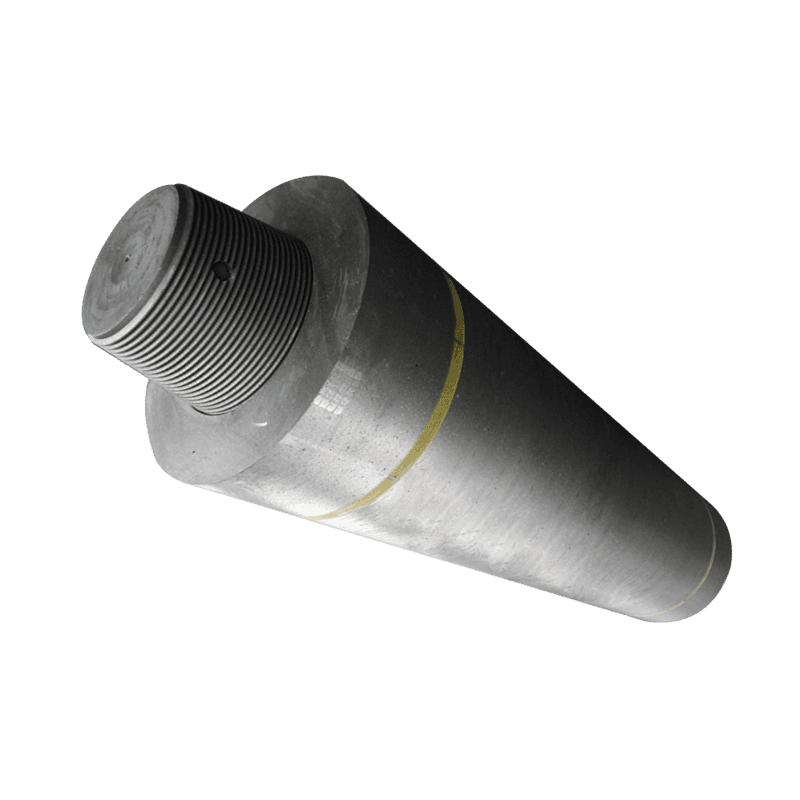The Essential Role of Calcined Petroleum Coke in the Carbon Industry
Release Time:
Jul 03,2025
Discover the significance of Calcined Petroleum Coke in the carbon industry and its various applications.
Introduction to Calcined Petroleum Coke
Have you ever heard of Calcined Petroleum Coke? If you're scratching your head, don’t worry; you're not alone! This vital material plays a crucial role in the carbon industry, and trust me, it's more significant than it sounds. Used primarily in the production of aluminum and various other industrial applications, calcined petroleum coke is a game-changer.
What is Calcined Petroleum Coke?
So, what’s the scoop on Calcined Petroleum Coke? Essentially, it’s derived from the carbonization of petroleum products. When petroleum is heated to high temperatures, the volatile components are removed, resulting in a solid carbon material. This substance is then ‘calcined’—which means it’s subjected to further heating to enhance its properties. The end product? A high-purity carbon material that’s as useful as a Swiss Army knife!
The Importance in the Carbon Industry
Now, let’s dive into why this substance is indispensable to the carbon industry. Calcined Petroleum Coke is primarily used in the aluminum industry as a carbon anode. The aluminum smelting process requires anodes that can withstand extreme temperatures, and calcined petroleum coke doesn’t just meet the challenge; it excels! Think of it as the unsung hero of the aluminum world.
More Than Just Aluminum
But wait, there’s more! Beyond aluminum, Calcined Petroleum Coke is also utilized in the production of steel and titanium. It’s used as a recarburizer in the steel-making process, enhancing the carbon content of the metal. And let's not forget its application in the manufacturing of electrodes for electric arc furnaces. Talk about versatility!
The Production Process
Alright, let’s take a closer look at how Calcined Petroleum Coke is produced. The journey begins with petroleum pitch, a viscous byproduct of refining crude oil. This pitch is heated in a rotary kiln or a vertical shaft furnace at temperatures reaching up to 1400°C (2550°F). The high heat drives off the volatile components, leaving behind a solid carbon structure. This process not only enhances the electrical conductivity but also increases the density of the product. Pretty nifty, huh?
Sustainability Concerns
However, like all good things, there are some challenges. The production of Calcined Petroleum Coke can have environmental implications. The process is energy-intensive, and the emissions associated with it can be a cause for concern. Many companies in the carbon industry are now looking toward greener alternatives. They're exploring ways to recycle and reuse materials, aiming for a more sustainable future. After all, we’ve got to keep our planet healthy!
Innovation on the Horizon
Exciting advancements are underway! Innovators are working on creating synthetic alternatives to Calcined Petroleum Coke that can reduce the carbon footprint. With technology evolving at lightning speed, who knows what the future holds? Maybe we’ll see a revolutionary new product that can outperform our old friend, Calcined Petroleum Coke.
Conclusion: A Bright Future for Calcined Petroleum Coke
In conclusion, Calcined Petroleum Coke is not just a byproduct; it’s an essential component that fuels the carbon industry. Whether it’s aluminum, steel, or electrodes, this material is a key player in numerous applications. While environmental concerns are valid, the industry is making strides toward sustainability. So, the next time you hear about Calcined Petroleum Coke, you can nod knowingly and appreciate its pivotal role in keeping our industries running smoothly!
So, there you have it! The lowdown on Calcined Petroleum Coke and its indispensable role in the carbon industry. Who knew that something derived from petroleum could pack such a punch?
Keywords:
More information








